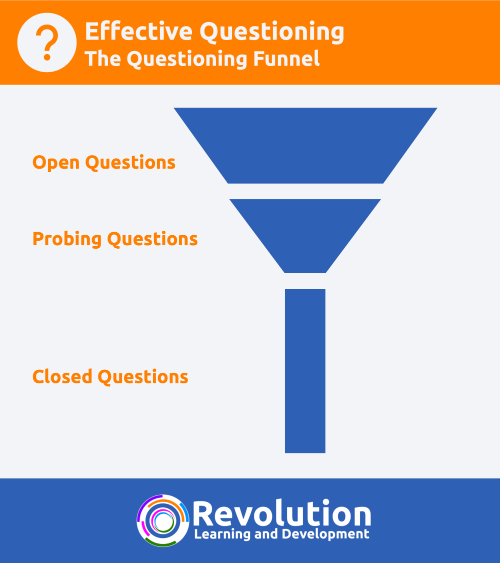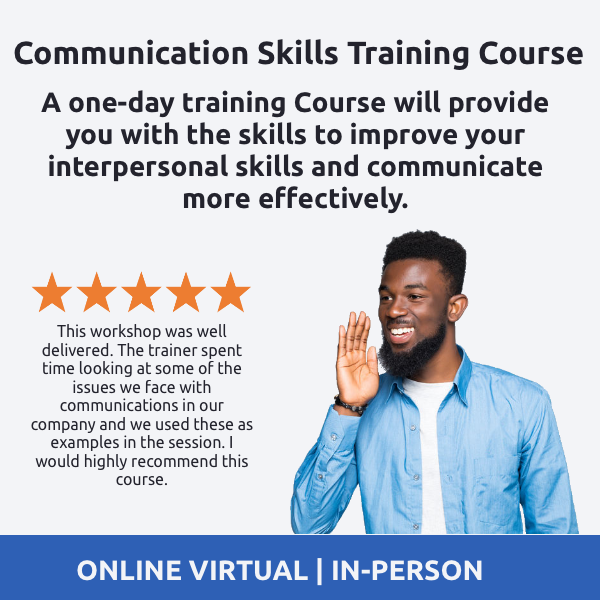Background
The questioning funnel is a technique that can help you improve how you ask questions, whether in sales, fact-finding or coaching. The questioning funnel shows us how to use different types of questions in a particular order to gather the information that we need.
The Questioning Funnel
The questioning funnel is broken down into 3 key areas of questions. These are:
- Open questions
- Probing questions
- Closed question

The idea behind the questioning funnel is that we start with broad open questions, probe to gather more specifics, and then use a closed question to clarify.
Open Questions
We start the process by using some broad open questions relating to the subject we are questioning around. This allows us to get the conversation started but also gives us the information we need to ask more specific questions in the next part.
As a reminder, open questions begin with:
- Who
- What
- When
- Where
- Why
- Why
- Tell
- Explain
- Describe
It’s important to only use these questions at this stage as the process will not work effectively if open questions are not used here.
For example, we could ask something like “what’s your favourite type of movie”?
This might lead to an answer such as ‘comedy’.
Or, we might ask something like “tell me what happened in this situation” as another example.
Probing Questions
Once we have some answers to our initial open question, we can then begin using probing questions to ask for more specific information. The idea in the probing section is to make sure our next question is always based on the last answer. We are looking to dig deeper with each question.
Probing questions are also open questions. You can use closed, but only if absolutely necessary.
For example, “why do you like comedy movies?”
The answer may be something like ‘I like movies that make me laugh’.
We can then ask “what type of comedy really makes you laugh?”
The answer may be ‘silly situations’.
We can then ask “What examples of silly situations have made you laugh the most?”
The answer me be ‘in this particular movie, this happened…’
We can keep going here if needs be.
Closed Questions
After the probing section, we need to show the person that we have listened and understood. We do this by asking some closed questions to clarify.
We might say “so what you are telling me is that you like comedy movies because they make you laugh, especially silly situations such as… Is that right?.
Providing the answer is yes, then the funnelling technique has allowed us to uncover the right information.
As a reminder, closed questions typically lead to a yes or no response, They begin with:
- Did
- Can
- Will
- Are
- If
- Were
- Is
This is why they work so well at this stage as they seek clarification.
Questioning Funnel Applications
You can use the questioning funnel for a number of different things. You can use it for:
- Sales – probing the customer to understand their needs to offer the right products or services
- Coaching – asking the right questions to fact-find to understand where to provide help and support
- Problem-solving – to understand how a problem occurred and fact find the right information
- Investigations – to ask the right questions to get the information you need
- Relationship building – to show genuine interest and have the other party open up more
These are just a handful of examples, but the technique can be used in any scenario when questioning is required.
Further Learning
The funnelling technique is used as a method in many of our communication skills training courses. Take a look at our communication skills training courses for more information.




